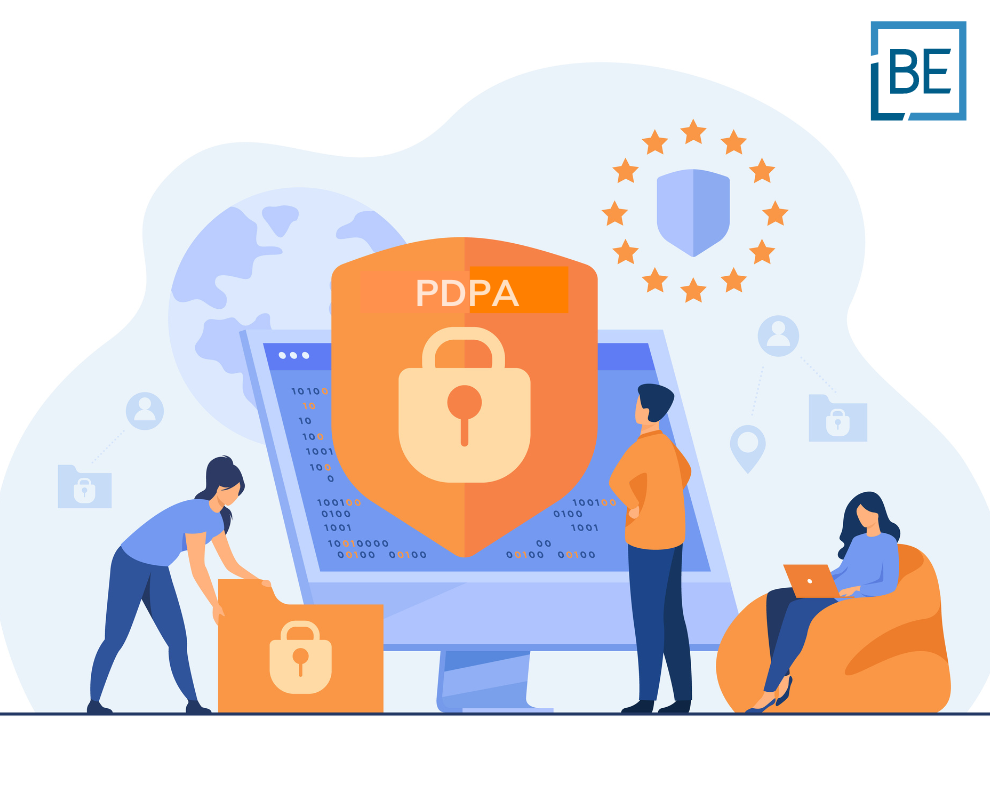Belaws Home ›› Thailand ›› Blog ›› Thailand Approves Draft PDPA Exemptions
News
Thailand Approves Draft PDPA Exemptions
15/08/2022
In July 2022, the Thai cabinet approved in principle a Royal Decree which set out some PDPA exemptions. These exemptions will be available for certain groups of people, businesses and other entities.
However, these exemptions are only applicable to specific parts of the PDPA and not the whole act.
Key points
- PDPA exemptions will be made available to certain businesses, entities and groups of people.
- These exemptions will apply to specific parts of the PDPA only and will not cover the whole act.
- The exemptions will be available for the following groups:
- Data controllers who work on behalf of the government in relation to national security, taxation, risk mitigation & surveillance.
- Government organizations who process data for the following reasons; to uphold public interest and/or adherence to international treaties.
- Those who process personal data for domestic or international court proceedings.
What part of the PDPA is subject to these new exemptions?
The draft Royal Decree would exempt certain business operators and activities from the requirements of the following PDPA chapters:
- Chapter II: Personal Data Protection – Consent, notification, cross-border transfer of the personal data requirements, etc.
- Chapter III: Rights of the Data Subject – Requirements and criteria on data subject rights.
- Chapter V: Complaints – Requirements on the submission of complaints to the Office of the Personal Data Protection Commission.
- Chapter VI: Civil Liability – Conditions in relation to the civil liability of a data controller or data processor.
- Chapter VII: Penalties – Administrative and criminal penalties.
When can the PDPA exemptions be used?
The proposed PDPA exemptions would apply to the following three main categories of business operators and activities:
1. Data controllers who are acting in relation to government requests for the following purposes:
State security and public safety
Exempted operations include activities where the objective is to promote and safeguard state security, intelligence, and information relating to national security, as well as efforts to maintain fiscal and economic security and public security.
The prevention and suppression of certain criminal activities, such as money laundering, drug trafficking, transnational threats and terrorism, transnational crime, and human trafficking; activities to promote anticorruption or cybersecurity efforts; and actions relating to public health, sanitation to prevent epidemics, and protection of public life, health, and property are also exempt from the PDPA.
Taxation
Exempted activities in relation to taxation include; tax collection that falls under the responsibility of the Revenue Department, Customs Department, or Excise Department. This also applies to any actions relating to the enforcement of taxation fees or duties, and actions related to social security, the performance of obligations, or international cooperation.
Risk mitigation, monitoring, and surveillance
Examples of eligible activities include; monitoring and providing measures to mitigate remedial damage caused by threats to national security.
Eligible actions must be undertaken by competent officials and government agencies in full adhereance to the law. Furthermore, such actions must have been taken in order to prevent public disasters or threats which may affect the public.
2. Processing of personal data for government organizations for either of the following; public interest or compliance with international treaties and agreements.
3. Processing of personal data for domestic or international court proceedings (e.g., by judges, public prosecutors, inquiry officials, legal professionals, government organizations, or other relevant officials).
How can Belaws help?
If you need more information about the PDPA and how it may affect your business and the best ways to ensure full compliance, why not book a consultation with our experts.
Please note that this article is for information purposes only and does not constitute legal advice.
Our consultations last for a period of up to 1 hour and are conducted by expert Lawyers who are fluent in English, French and Thai.
Consultations can be hosted via WhatsApp or Video Conferencing software for your convenience. A consultation with one of our legal experts is undoubtedly the best way to get all the information you need and answer any questions you may have about your new business or project.
USD 150
Up to 1 hour
Online payment (Paypal or Credit card)
Legal consultation can be conducted in English, French or Thai
Legal consultations are handled by experienced lawyers from the relevant fields of practice




